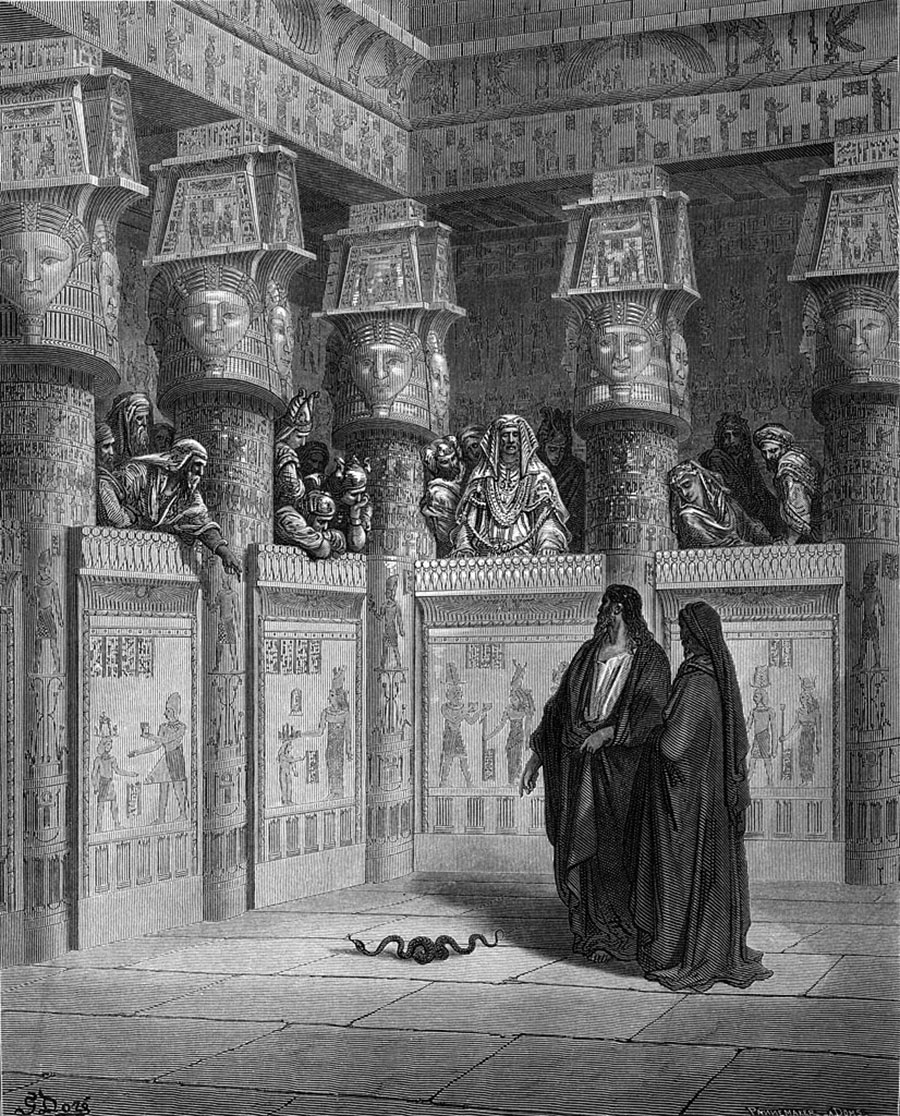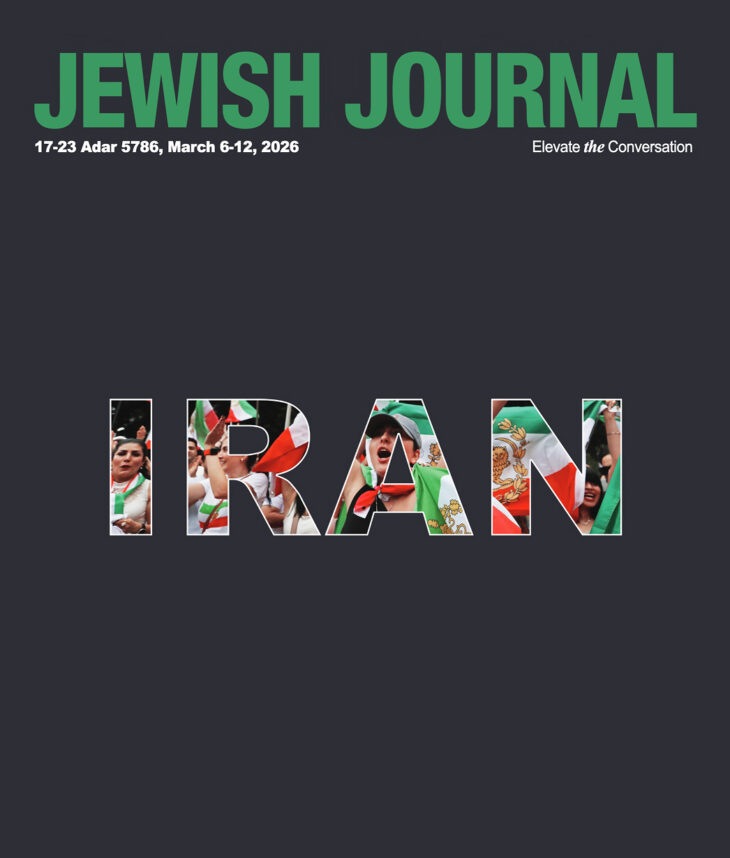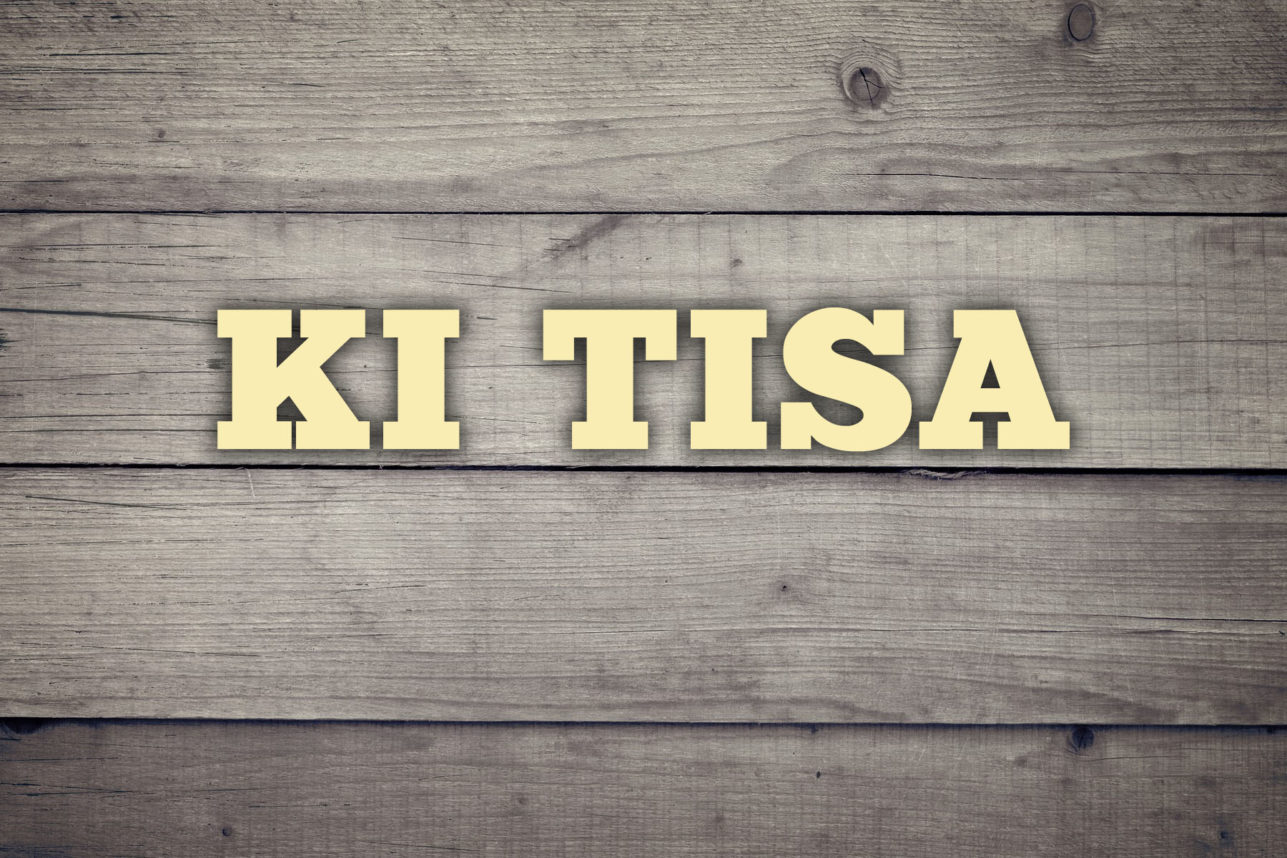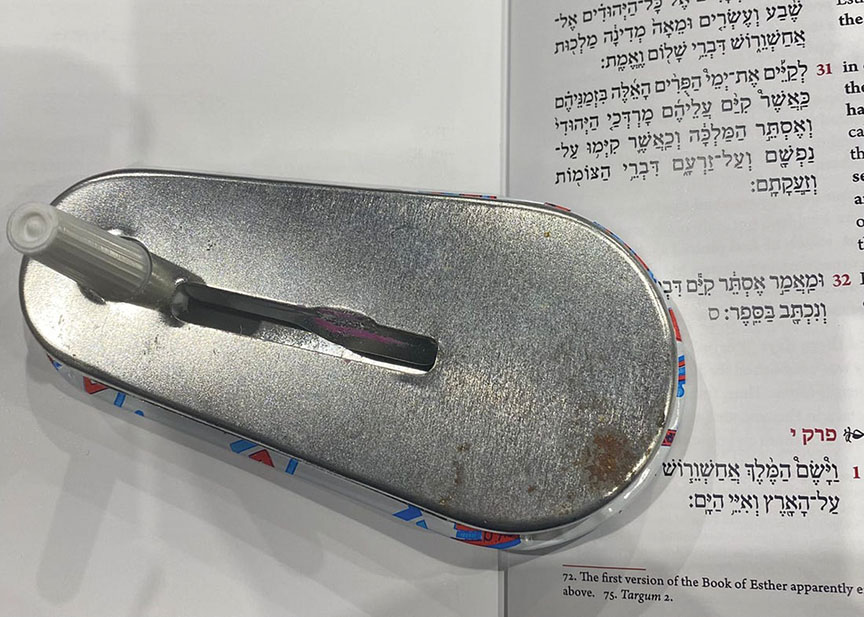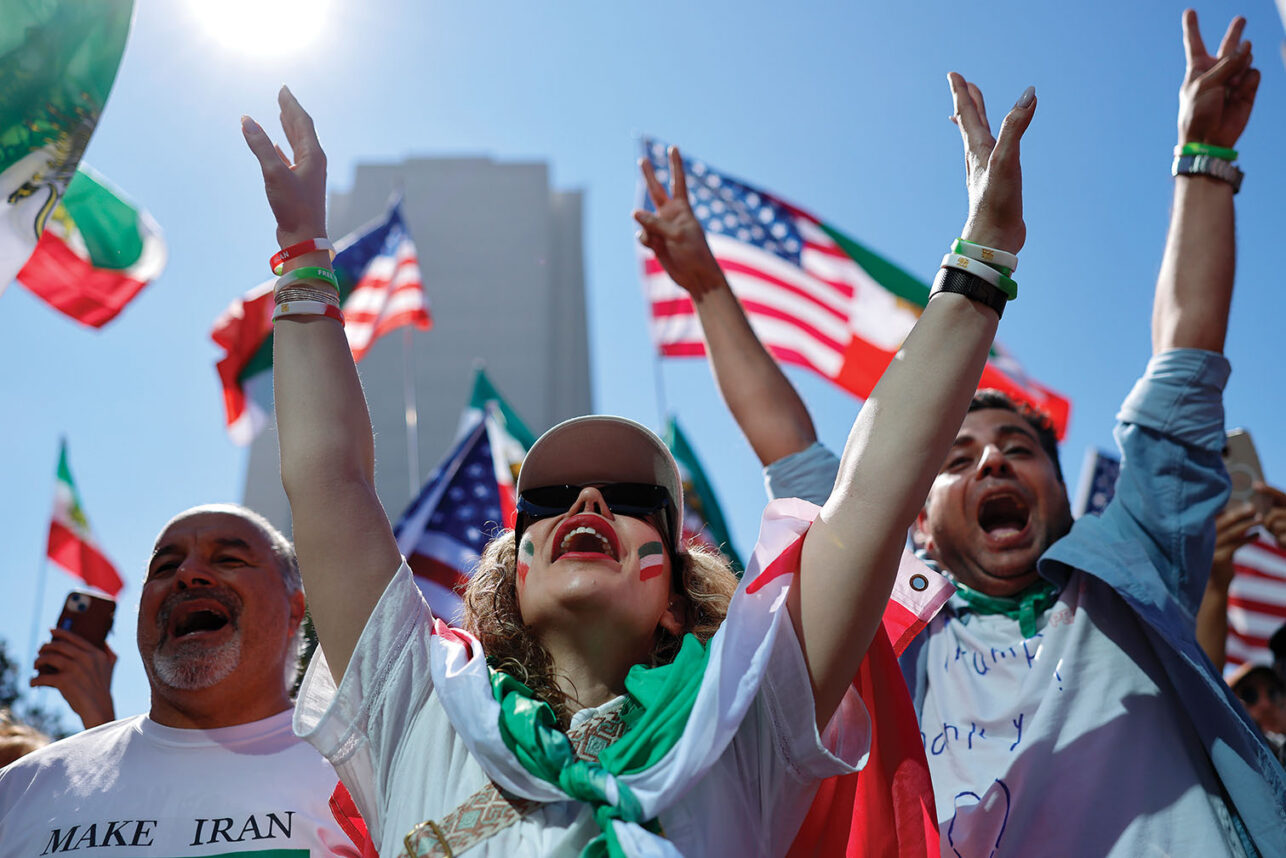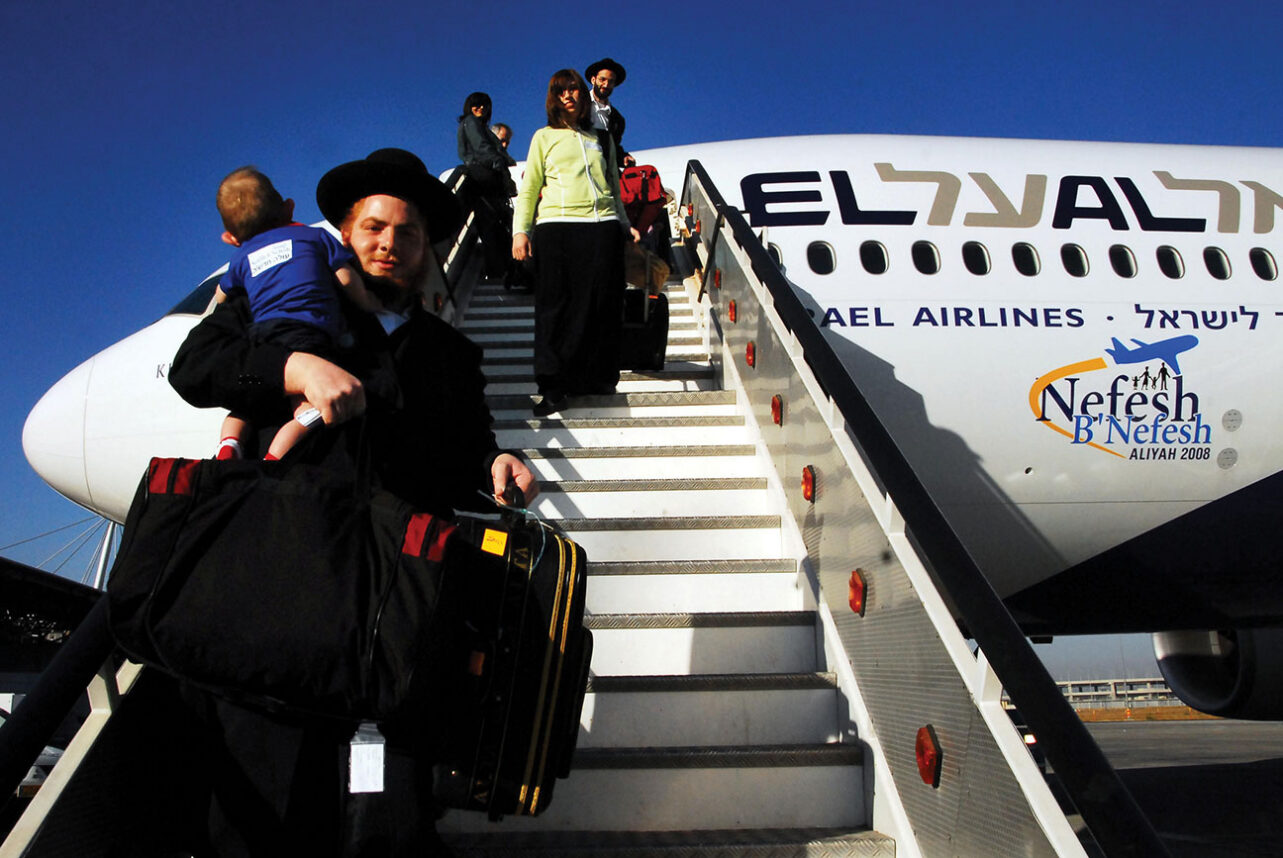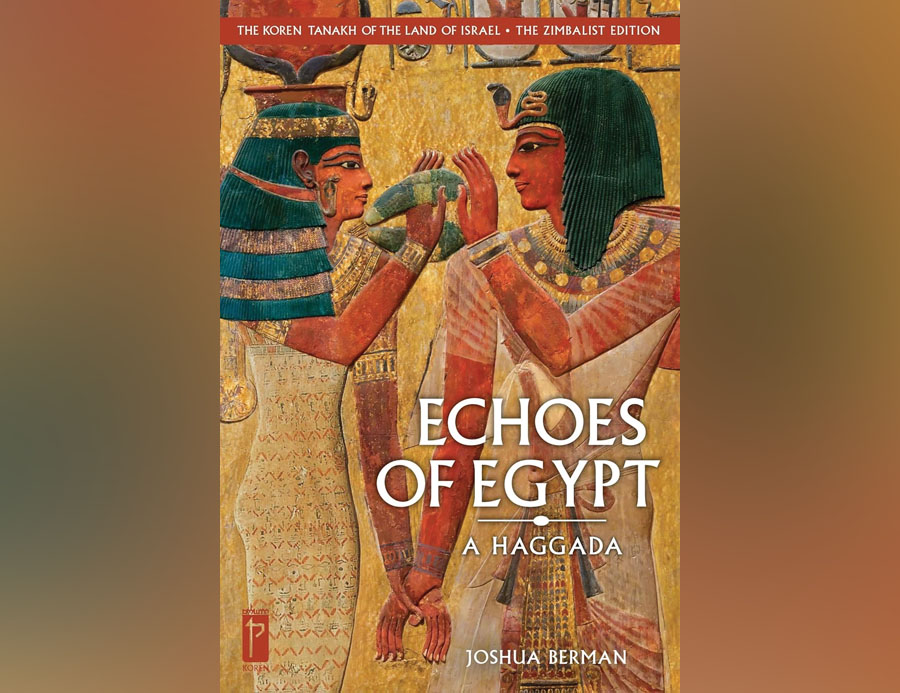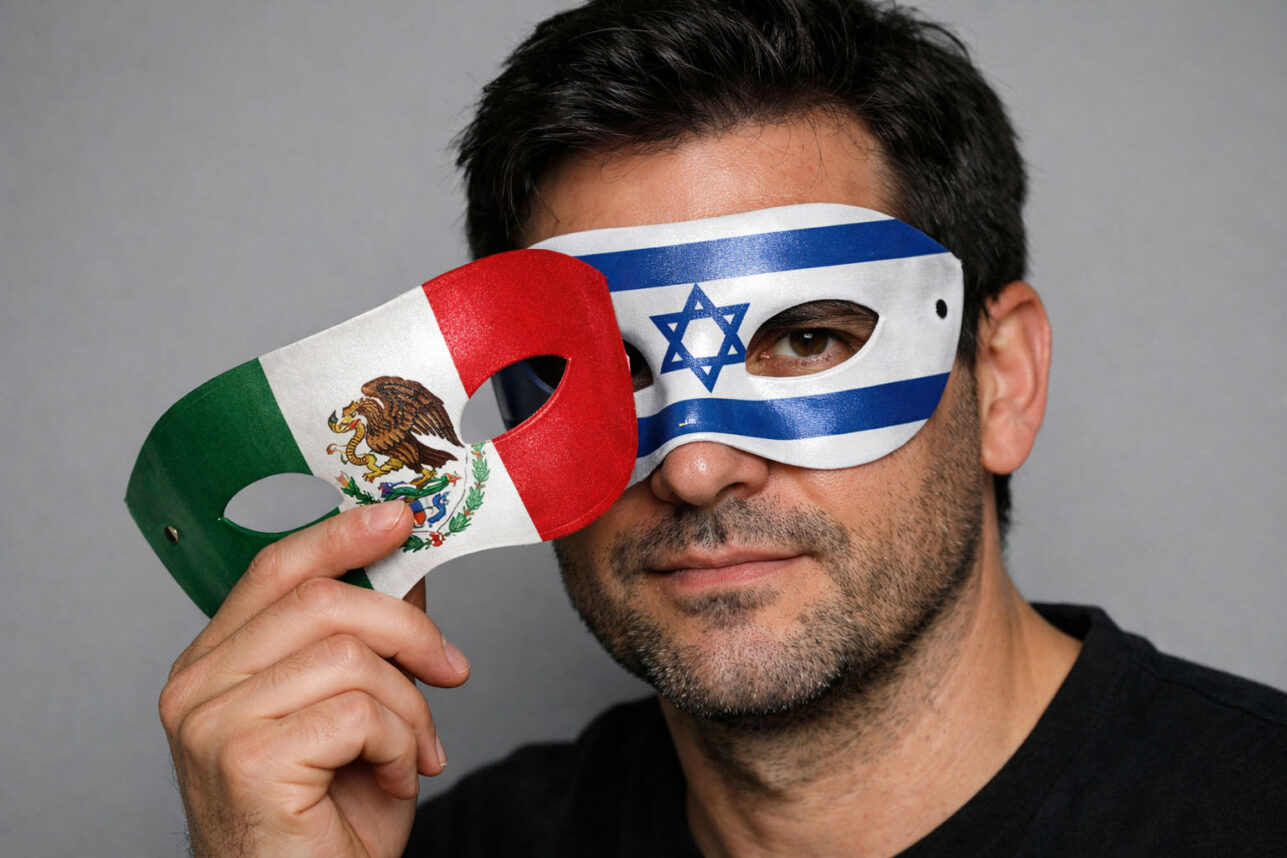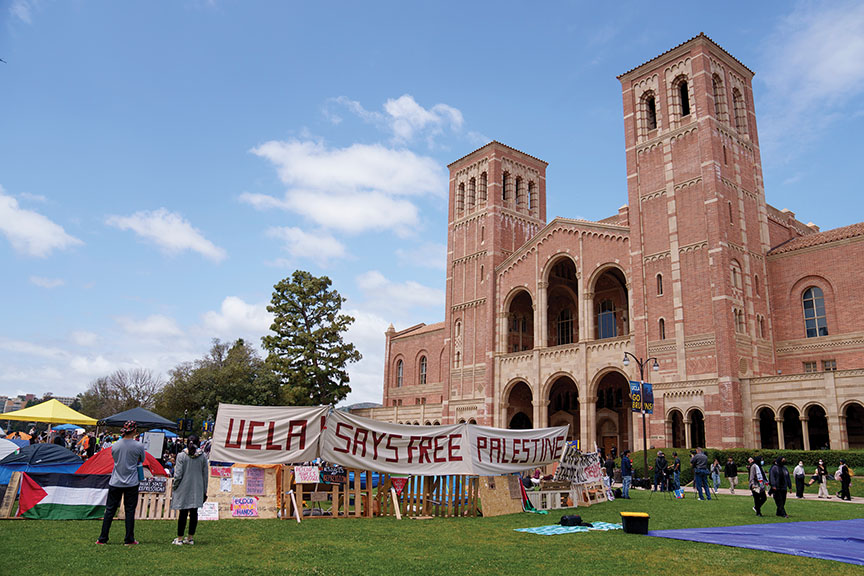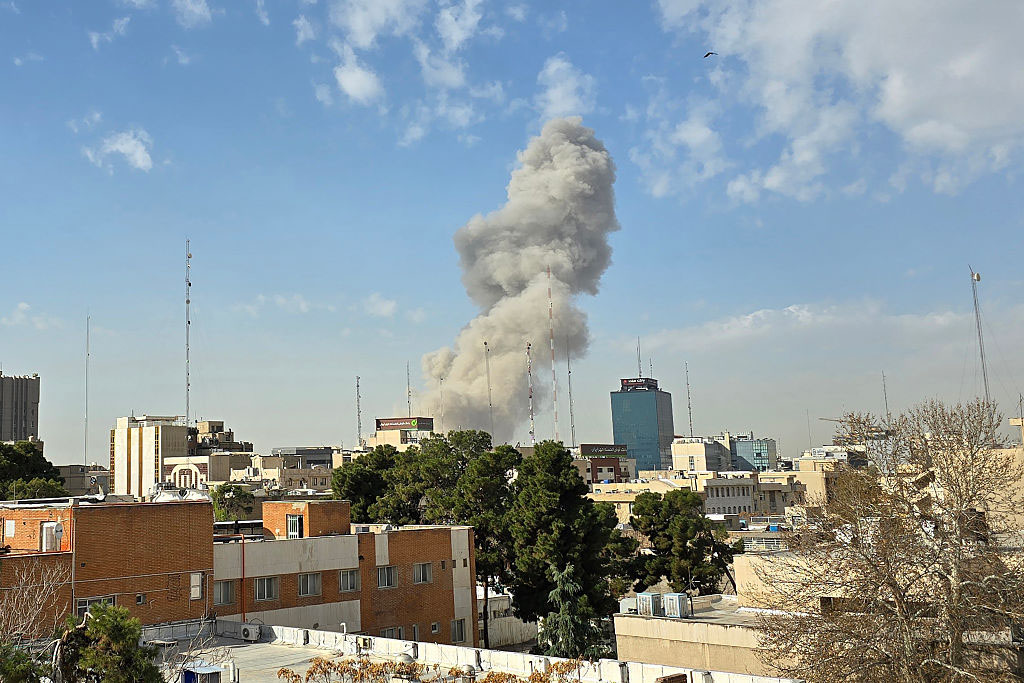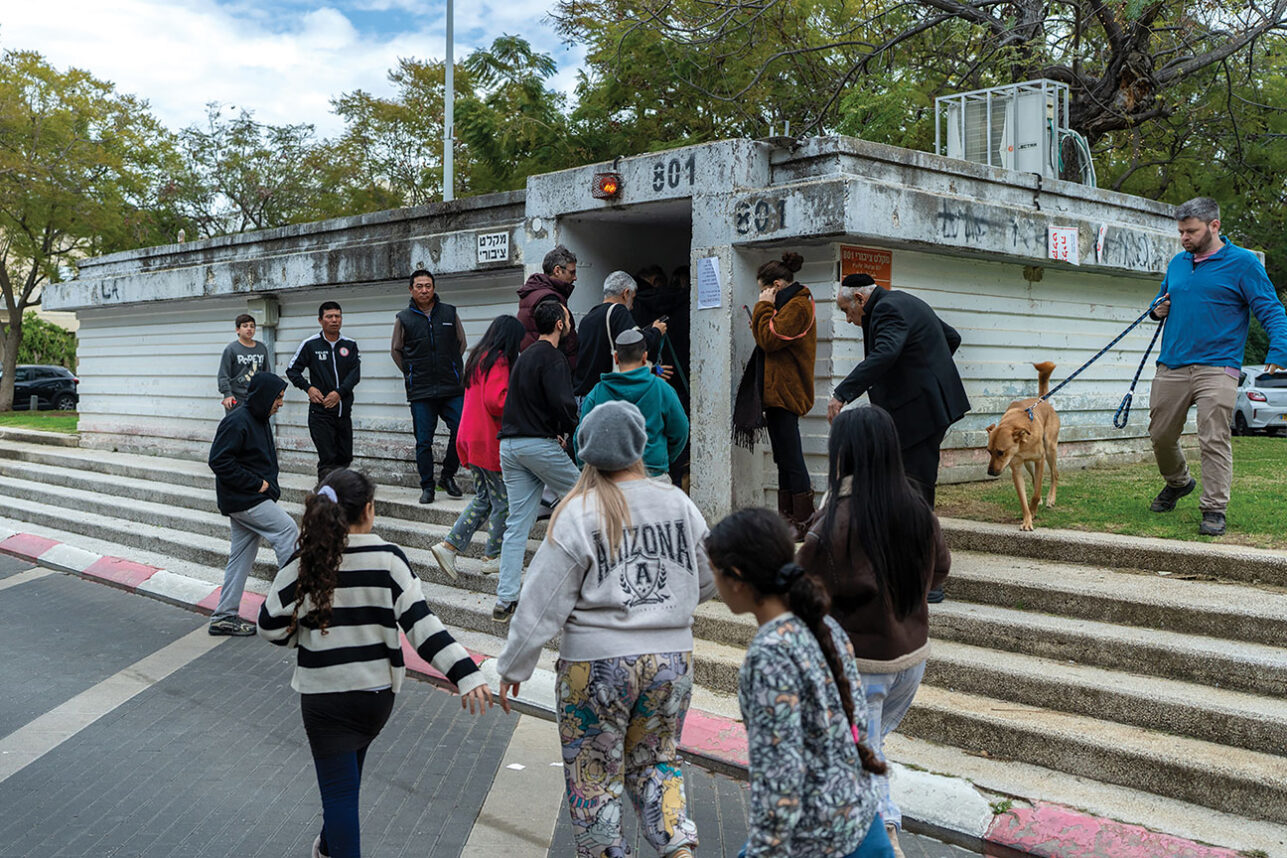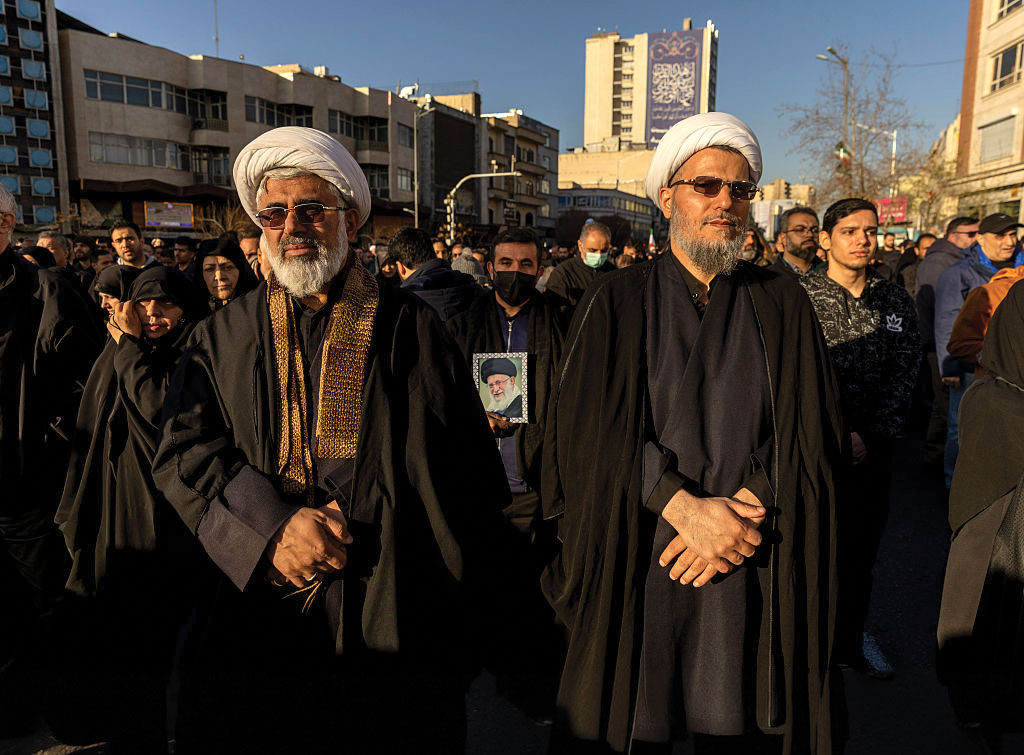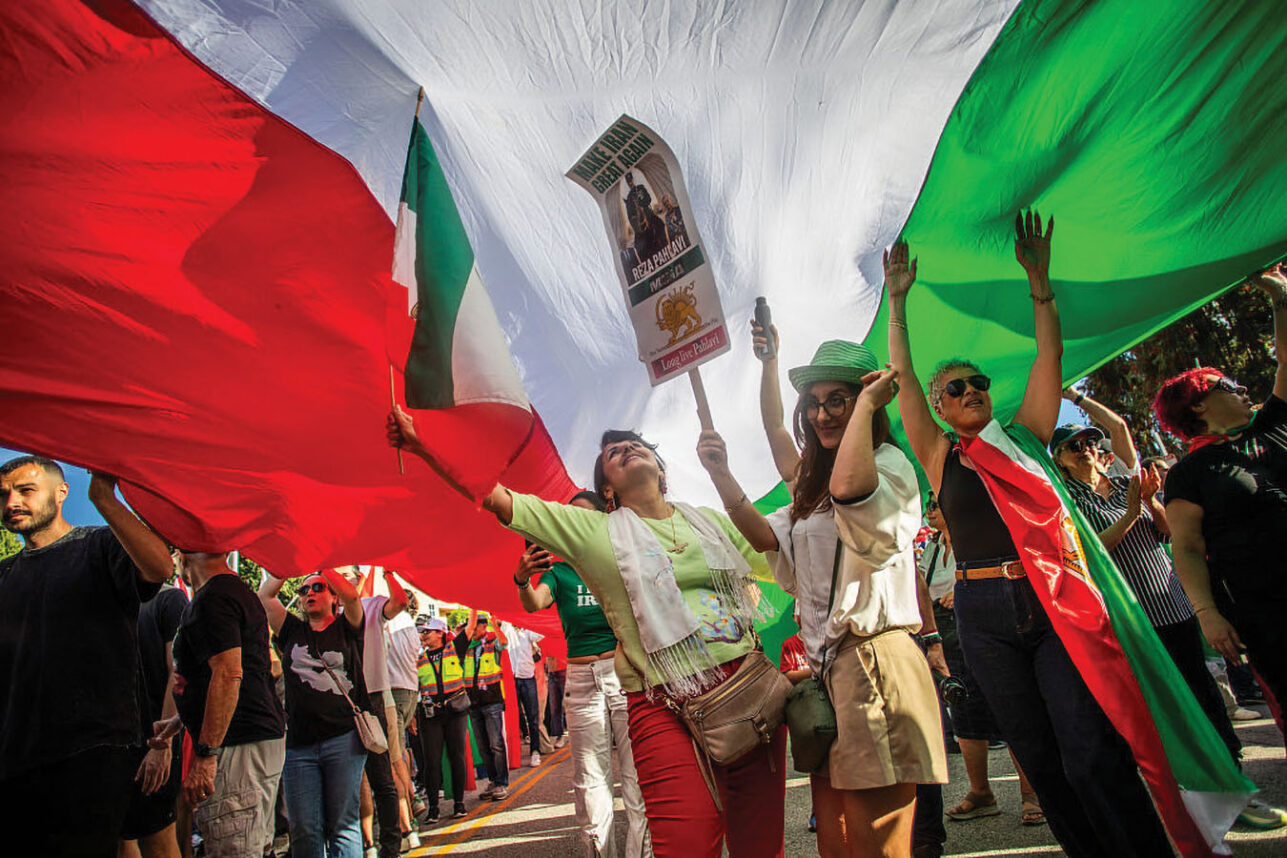When God in Egypt killed all of the first-
born sons––it was the last of plagues, the tenth––
the panic that ensued was quite the worst
the land had ever seen, and proved God’s strength,
for after all the firstborn had been killed
respect of the Egyptian gods was earned
when blood of firstborn sons was spilled;
they tripped, and all of them were overturned,
fulfilling God’s prediction to be vin-
dictated against gods that came to fail
as they would fail the villains in Berlin
against whom Allies later would prevail.
Before God realized that Moses never
had circumcised his son, He very nearly
killed him, till his wife prepared to sever
the foreskin. God regarded most severely
his emissary’s very strange delay,
and therefore gave a serious reprimand
when he was in a lodging on the way,
avoiding what he could not understand––
a God who had appeared to him as fire
and told him: “I am what I am,” without
explaining why He strangely wished to hire
a man who in this Being had grave doubt.
God told him: “When you go to Pharaoh say:
‘My firstborn son is Israel. If you do
not let him leave the land where you have sway
I’ll kill your own as punishment for you.”
No other warning later would be given
before God killed Egyptian firstborn sons
in His surprise attack, still unforgiven
by pacifists and Protestants and nuns,
and bleeding hearts who’re constantly demanding
a higher standard from the God of Jews
than from competitors who’re less outstanding.
He totally ignored the liberal views
applied by them to Jews with a far higher
standard than the one that they apply
to other nations, preaching to the choir
against the people who their Christ deny.
The reason why the Pharaoh was not warned,
is he’d told Moses, following the plague
of darkness, words that proved how much he scorned
the Lord: “Do not return!” He was not vague,
explicit with his rude refusal
to meet once more with Moses. With this warning
the Pharaoh engineered his own recusal,
refusing an encounter in the morning
before the plague. He would not reconsider
his attitude to threats of any terror,
although such warnings are today de rigueur
before insurgents strike It is an error
to think that Moses should be blamed. How could
he warn the Pharaoh who had said: “Don’t ever
come back!” Blame the Pharaoh, for he should
have realized that Moses was more clever
than his magicians, trusted royal advisers,
and God more powerful than Ra and Aton.
Too autocratic, he would fall like Kaisers,
unwarned as was the US when Manhattan
was by Islamic fundamentalists
attacked when planes turned into firebombs.
Though names were on the FBI’s checklists
and hate was daily spewed out by imams
there was no warning, people at the wheel
asleep when some three thousand people died
because their leaders thought the threat not real,
and from reality preferred to hide.
We truly aren’t exaggerating, are we?
Before four planes were hi-jacked an arrest
was made of the Al Qaeda man, Moussaoui,
who says he would, if he’d been asked, confessed
that there were plans for him to crash a plane
into the White House, but the FBI
who questioned him took no steps to obtain
the data that then stared them in the eye.
At midnight God sent out His fell destroyer
called mash’hit, not battleship its meaning
but the force God uses as Employer,
while Israelites were occupied spring-cleaning
their houses from which leaven was removed,
and eating lamb with flat unleavened bread
and bitter herbs, while sprinkling blood that proved
that Hebrews lived indoors. There were no dead
among the Israelites since God passed over
each one of them, but for Egyptians all
the firstborn died at midnight, for Jehovah
was far more deadly than a cannonball,
and His destructive weapons more selective
than those we use today in all our wars;
his guidance system never is defective,
receiving from reporters great applause.
Only firstborn sons then died, all others
survived catastrophe, for God had mastered
the best technique for finding first of brothers,
this one legitimate, this one a bastard.
It happened in some houses one son died,
though not the firstborn of his mother’s spouse;
the secret that his mother used to hide––
she’d cheated on the master of the house,
and that son whom her husband had believed
to be his firstborn was a bastard who
had illegitimately been conceived––
the fact that he survived a major clue!
In other houses people known as first-
born sons survived because a bastard brother
preceded them. They only learned the worst
when they survived because there was another
with bastard precedence who died elsewhere,
the firstborn by the Lord’s destroyer found.
Legitimacy never was a care
that bothered God’s infallible bloodhound.
Because the Lord that night the Hebrews guarded,
they gave the night the name of “guarding night”.
With bloody doorposts Hebrews all were carded.
When posts weren’t bloody, people had a fright,
for no firstborn Egyptian on the stroke
of midnight, Passover, by God was spared.
The moment God’s destroyer saw the smoke
where lambs were roasting and the blood, God cared,
and all the Hebrews therefore celebrated
the first of all the festivals, the date
from sight of new moon always calculated,
not a moment earlier or late.
Among Egyptians dying on that night
were Pharaoh’s son and men who lived in chains,
in dungeons captive. God would even smite
the firstborn cattle, some with healthy brains
and others with mad cow disease they caught,
fifth plague, when some cows died and some survived.
Survivors’ brains with prions all were fraught,
a sickness that has recently revived,
which is not pleasant for a carnivore,
though many vegetarians may be pleased
that meat that they instinctually abhor
is sometimes microscopically diseased.
Many Jews consider eating meat
a mere concession God provided Noah,
for Adam never was allowed to eat
such meat: of cereals he was a grower.
True Abel was a husbandman, but Cain,
who killed his brother in a fit of pique,
produced fine vegetables and lots of grain,
the act of murder surely his critique
of Abel’s lack of pity for the beasts
he shared with God to whom he sacrificed;
never would he join him in his feasts,
nor was he by his barbecues enticed.
(It’s possible that we should think of Cain
as founder of societies like PETA,
the sort of man who also would complain
when God gave skins to Adam, though no eater
of meat, as we have pointed out above.
Descriptions of the way God liked to savor
the smell of sacrifices that He used to love
cannot obtain from ethicists much great favor.)
From Egypt there arose a mighty groan
because in every house some dead were lying.
Throughout the land of Egypt men would moan
and say: “The time has come to stop the dying!”
Then Pharaoh called for Moses and for Aaron,
and said: “It’s time for you to leave and serve
your God.” Such magnanimity was foreign
to Pharaoh, but he’d clearly lost his nerve.
He won it back again quite soon, indeed,
and tried recapturing his Hebrew slaves,
which proves that truly he paid far less heed
to God that to his people making waves.
An autocrat, the man would never listen
to all his people’s foolish, selfish wishes,
but this was Passover, the month was Nissan,
the time of year when Hebrews change their dishes,
and Pharaoh also changed his way of thinking––
a least for three days till his slaves had fled,
a period when his ego started shrinking
before his id came back and ruled his head.
So desperate was he, without confessing
his guilt, he let the Hebrews take their flocks
and herds, then asked if he could have a blessing
from Moses, Aaron. There were further shocks
when all of the Egyptian people gave
the Israelites their silver and their gold
and garments, asking if their slaves forgave
the way they’d held them in a stranglehold.
The gifts they gave were those that were foretold
to Moses when God met him at the Bush,
and very soon caused Egypt to make bold
pursuit of them, regretting shove and push.
A similar prediction of these gifts occurred
when God told Abraham that his descendants
would leave the land to which they had transferred
with wealth, before they gained their independence.
Predictably the antisemites claim
that Israelites ripped off Egyptians when
they took their gold and silver. What a shame
they didn’t also take their diamonds then!
Egyptians owed them big time for the toil
the Israelites in slavery had performed;
it was their wages that they took as spoil,
as antisemites ought to be informed.
Departing Hebrews took with them their dough
before it leavened, bound up in the sacks
they carried on their shoulders, most gung-ho
to move ahead, with no time to relax.
They had to hurry when they packed their bags
which they like rucksacks carried on their shoulders,
clad very lightly, wearing shmattes, rags,
since they’d been “intifadered” by the boulders
Egyptians used to throw at them because
they blamed them for the plagues that made them suffer
while Israelites were suffering no loss
in Goshen, their de facto state and buffer.
Six hundred thousand Israelites were there,
Egyptians too, a mixed-up multitude
who for the Hebrew laws did not much care
as much as for their women’s pulchritude.
They joined the Israelites just as much later
the Moabites would join them in Judea,
ereb, “mixture,” linking them, each traitor
resisting progress like Queen Boadicea.
They traveled fast and there were no delays,
and so the dough had little time to rise,
and all of them were forced for seven days
to eat unleavened bread, a great surprise
for people who were used to adding yeast
to dough to make it rise up and be puffy.
Unleavened bread in any humble feast
makes people feel less pompous and less stuffy,
and ever since, when Jews commemorate
the exodus escaping from the putzes
who’d even tried to stop them procreate
they eat unleavened bread which they call matzos.
Four hundred thirty years the Israelites
were slaves in Egypt, now they all were free.
They crossed the Reed Sea and then set their sights
on Canaan where God promised they would be.
But first He had for them a different mission––
to build a tabernacle as His slaves,
His chosen people by His definition,
who give Him the obedience that He craves,
for they exchanged their absolute obedience
to Pharaoh for the one that God demanded.
The trade was just a matter of expedience,
the deal the best one Moses, single handed,
obtained from God who got Himself a bargain,
emancipated slaves whom He’d compel
to follow laws expressed in Jewish jargon
in words they could not read or write or spell.
On the night of guarding history
begins for Israel, tale without an end,
which is indeed the greatest mystery
that Passover helps people comprehend,
for on it, it is possible to ask
at least four questions which quite possibly
have got no answer, though it is our task
to search for ones so we all may live free.
